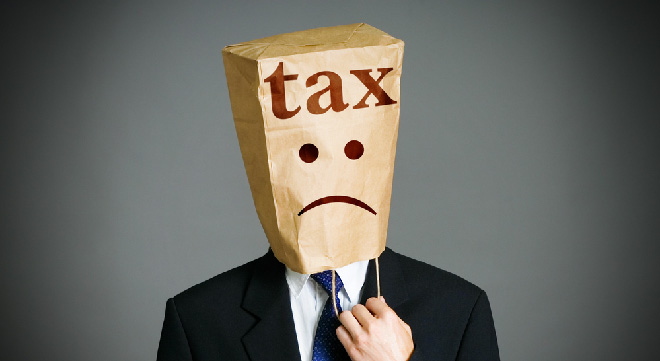Last week the Department of Social Development published a green paper on proposed social security and retirement reforms for public comment.
And boy, did they get that.
Solidarity has threatened with court action if the Minister, Lindiwe Zulu, were to continue to make the Green Paper formal legislation. According to Solidarity, South African employees are already overtaxed and tired of paying more taxes for fewer and fewer services.
“Workers in South Africa are tired of seeing their hard-earned money being wasted by the state. At best, the state is just inefficient and clumsy, but more often funds like this and the NHI is simply an excuse for looting and corruption,” explain Dr Dirk Hermann, Chief Executive Officer of Solidarity. “Apart from the new tax proposals, the tax rate is already high, and ordinary people have to incur expenses for which they are already taxed. On top of that, tax money is still looted at a large scale.”
This view was confirmed by several economists.
In an article on Netwerk24 (subscription required) Mike Schüssler outlines South Africa’s rankings on several platforms, including the Gini coefficient, where we are the worst, and tax rate rankings, where we currently are in tenth position. Should these reforms be implemented, we would “improve” our ranking to seventh in the world in terms of highest taxed countries. If we really want to address the issues of poverty and inequality, we need to address unemployment. Currently, those who receive social grants outnumber those who work for a salary.
There are approximately 5 million taxpayers in the private sector and two million in the government, but the latter are obviously paid from taxes. This means that 5 million citizens must support 15 million on grants, which is simply not sustainable.
Last week, in a TimesLIVE report, Schüssler says that the government was trying to adopt a policy that was working well in Europe, where income levels were high. ‘We want to be like Europe, when we don’t have the income or tax base. It’s not possible.’
Dr Lumkile Mondi, senior lecturer at the School of Economics and Business Science at Wits University, said the idea was ‘shocking’. ‘There’s chaos there in government. We are going through the most difficult period. Our unemployment has shot up tremendously. Corruption in government is still going on. We saw with the procurement of protective PPE, how money has been misused.’ He said the State Capture Inquiry had revealed so much corruption, yet government expected the public to have confidence in it and allowing it to take people’s savings. ‘It’s horrendous. Government has to do more to clean its house. As a principle it’s a good principle, but this government cannot be trusted because it steals from itself, it steals from us. This will be another scheme for personal savings to be looted.’
Chief economist of Efficient Group Dawie Roodt is quoted in the same TimesLIVE report as saying the government’s proposal was moving in the direction of trying to consolidate existing systems that the country already has, including the UIF, the grants system and SARS. ‘Many of these suggestions are not bad ideas, but the important part is the ideological basis on which this whole thing is built. Clearly what this (Green Paper) has in mind is the increase in taxes and for the state to force us to save more and for politicians to get more power over our savings. This is just a left socialist kind of idea which in practice is not going to work. I don’t believe this will ever be implemented,’ Roodt said.
A Business Day report notes that Treasury has attempted to calm the debate, saying the Green Paper has not been approved by the Cabinet and is not government policy. Treasury deputy DG Ismail Momoniat said the proposal reflected some of the aspirations of the various constituencies in the National Economic and Labour Council (Nedlac), which had not reached consensus on it after several years of discussion. The publication of the Green Paper took the Nedlac constituencies by surprise. Momoniat said the proposals had not been tested against fiscal and tax policies.
The recent announcement that government is considering legislation to determine where medical doctors will be allowed to practice, combined with National Health Insurance proposals affecting them, is sure to see many of our most important citizens emigrating, as will many other professionals.
The following quotes, all attributed to Winston Churchill, possibly reflect the consensus best:
“I contend that for a nation to try to tax itself into prosperity is like a man standing in a bucket and trying to lift himself up by the handle.”
“The inherent vice of capitalism is the unequal sharing of the blessings. The inherent blessing of socialism is the equal sharing of misery.”
“The government is like a baby’s alimentary canal, with a happy appetite at one end and no responsibility at the other.”
But then, pre-election promises are rarely tested after the event, and a green paper is far from legislation.



